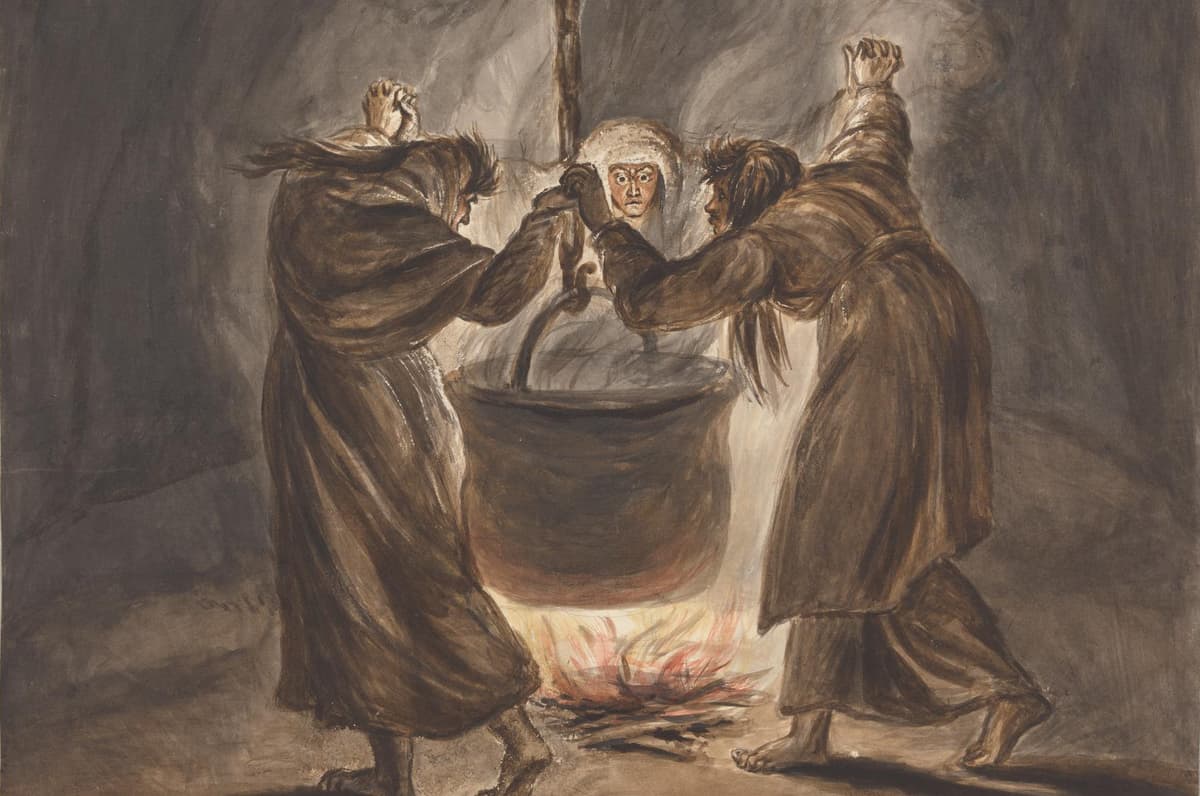Is This Ever Weird
A new epithet comes into vogue as our politicians insult their way toward election day.

Is it just us or is the race for the White House getting a little, well, weird? That seems to be — for both parties — the mot juste of the moment, when it comes to denigrating their opponents. Feature the remarks of the Democratic governor of Minnesota, Tim Walz, a potential vice presidential nominee. He decries the “weird people on the other side” along with their “weird ideas.” The Harris campaign today rebuffed as “weird” a speech by President Trump.
Yesterday a producer for MSNBC’s “Rachel Maddow Show,” Steve Banen, scrutinized what he called Senator Cotton’s “weird talk” in reference to the purported “coup” that torpedoed President Biden’s re-election bid. Not to be outdone, the GOP Senatorial Committee is out with a strategy memo urging Republicans to zero in on what they call “weird” qualities of Vice President Harris — like her “habit of laughing at inappropriate moments,” Axios reports.
Not even the former first lady, Melania Trump, is exempt from the wave of weirdness, if the Washington Post is any guide. Its art critic twits her appearance at the Republican National Convention, where she strode onstage to the strains of Beethoven’s Ninth. “In an evening full of supremely weird moments,” Philip Kennicott said, “this was one of the weirdest.” The music created a “bewildering” juxtaposition with Hulk Hogan’s later shirt-ripping, he said.
One doesn’t want to make too much of this. Nor would one want to stand in the way of linguistic evolution. Even so, the seemingly bipartisan embrace of “weird” as a term of opprobrium does raise concerns about the political debate Americans can expect in the 102 days until the election. After all, belittling one’s opponents as “weird” is the kind of superficial criticism that attempts to cut off discussion just where it ought to begin.
The emergence of “weird” in the press suggests the spread of a tactic that has all too often been deployed in the scrum of social media, where style prevails over substance and the conversations are, per Hobbes, “nasty, brutish, and short.” Critic David Denby called this “snark,” which he defined as abuse that is “personal, low, teasing, rug-pulling, finger-pointing, snide, obvious and knowing.” It’s the lingua franca of today’s political — pardon us — weirdos.
Today’s outbreak of weirdness would also seem to mark a downgrade for the word itself, which, in William Safire’s telling, “has a wonderful history.” As the “On Language” columnist explained, “weird” is “a word that began in power” but had fallen, “like many politicians, on hard times.” This was in 1992, when President George H.W. Bush was lamenting a “tough, weird political year at home” and turning up his nose at “weird little talk shows.”
It was a far cry for a word that dates back to Old English, Safire lamented, noting its use in “Beowulf” to mean “predetermination” or “fate.” The word had a supernatural sense, Safire sayeth, “picking up a connotation of evil, as a punishment inflicted by way of” — begging your pardon again — “retribution.” Shakespeare, in “Macbeth,” called the three witches “weird sisters.” The term, Safire said, came to mean “unusual, odd.”
No politician would want to be associated with either sense of weird, Safire reckoned, whether “eerie, ghostly, spooky, unearthly,” or “outlandish, peculiar, aberrant, oddball.” No wonder that Bush sought to contrast himself with the “weird, strange behavior of his opponents.” Bush offered “not nostrums but normalcy,” Safire said, “stressing steadiness and stability while professing to be an agent of nonradical change.” Even so, Bush lost, weirdly.

